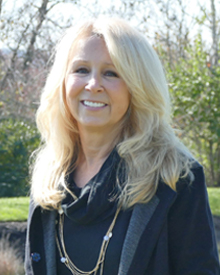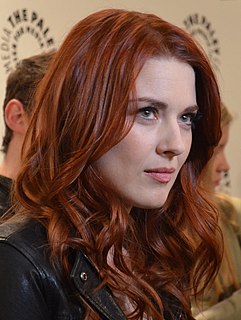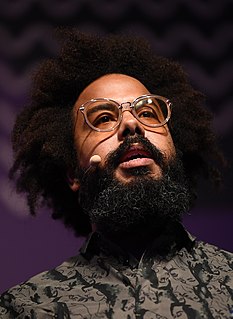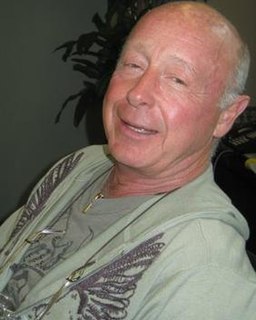A Quote by Al Pacino
Great directors can understand the staging in such a way that can make a scene come alive. Others have a certain way of pacing the scene.
Quote Topics
Related Quotes
What is a scene? a) A scene starts and ends in one place at one time (the Aristotelian unities of time and place-this stuff goes waaaayyyy back). b) A scene starts in one place emotionally and ends in another place emotionally. Starts angry, ends embarrassed. Starts lovestruck, ends disgusted. c) Something happens in a scene, whereby the character cannot go back to the way things were before. Make sure to finish a scene before you go on to the next. Make something happen.
I don't think that any scene [in Pineapple Express] is word for word how you'd find it in the script. Some of it was much more loose than others. The last scene with me, Danny [McBride] and James [Franko] in the diner - there was never even a script for that scene. Usually we write something, but for that scene we literally wrote nothing.
I actually went to see 'Rushmore,' and I came late, and I missed myself. It was great, that scene. I caught that scene the other day on TV, funny enough, the first scene that you see with Jason Schwartzman and myself, where we talk about his grades. That's a brilliant scene, and I have to say, we play it brilliantly.
have a much harder time writing stories than novels. I need the expansiveness of a novel and the propulsive energy it provides. When I think about scene - and when I teach scene writing - I'm thinking about questions. What questions are raised by a scene? What questions are answered? What questions persist from scene to scene to scene?



































